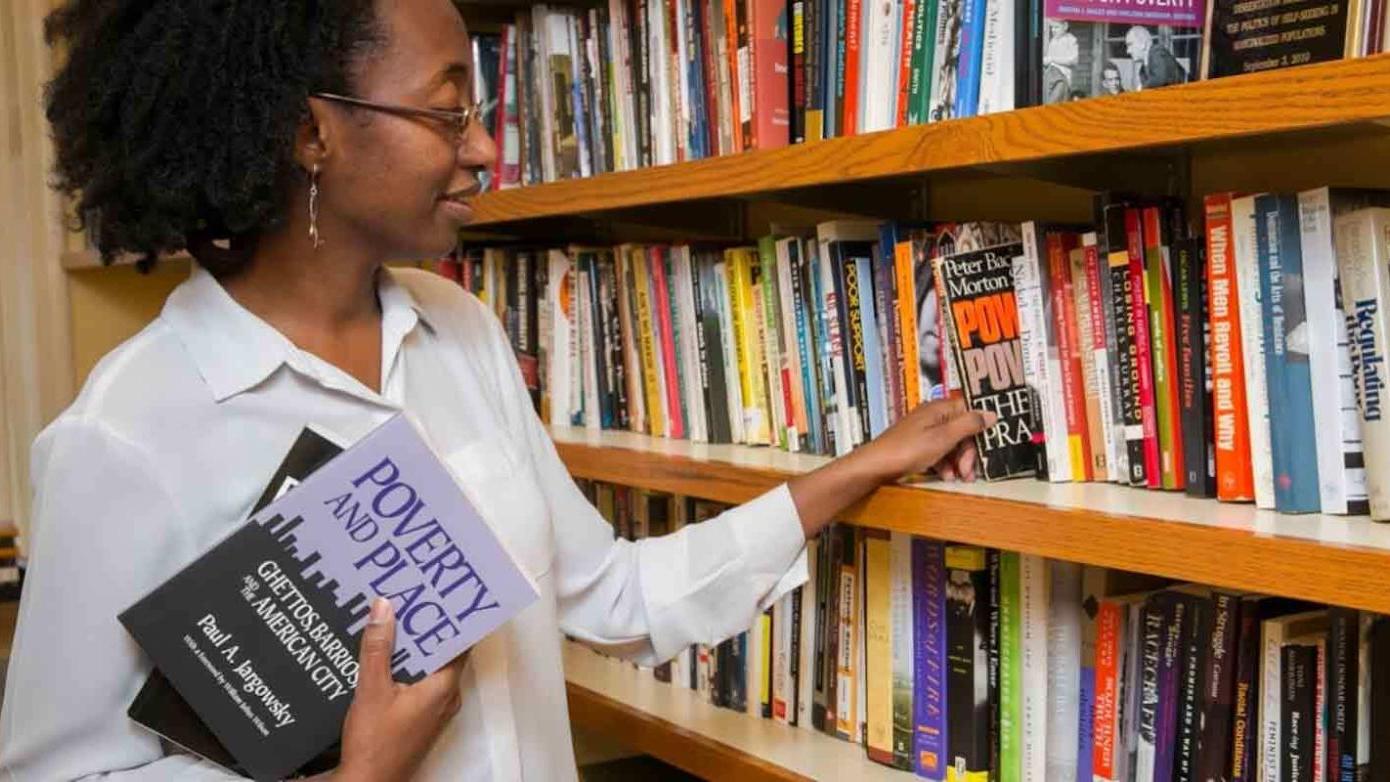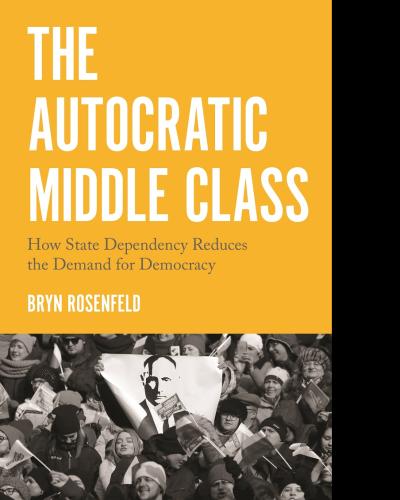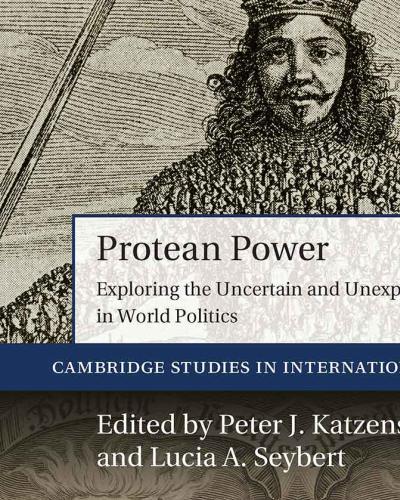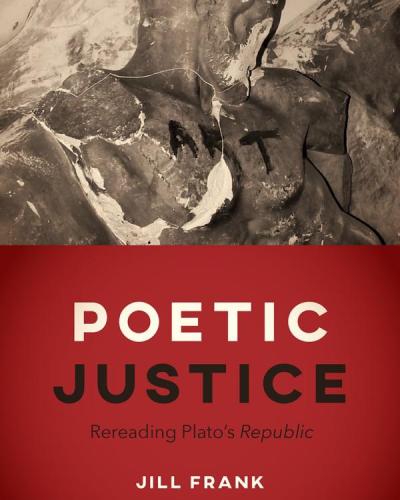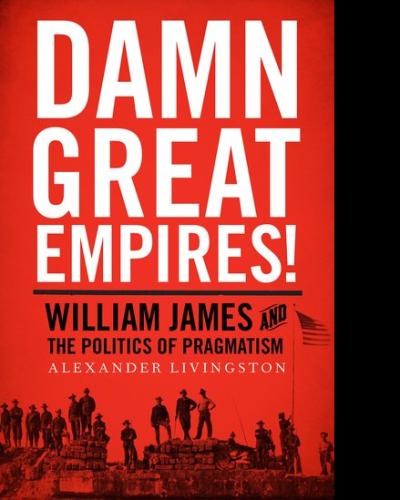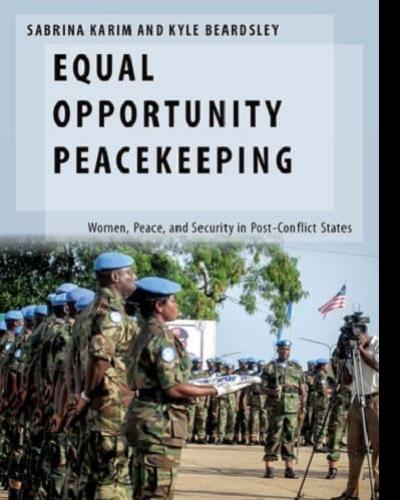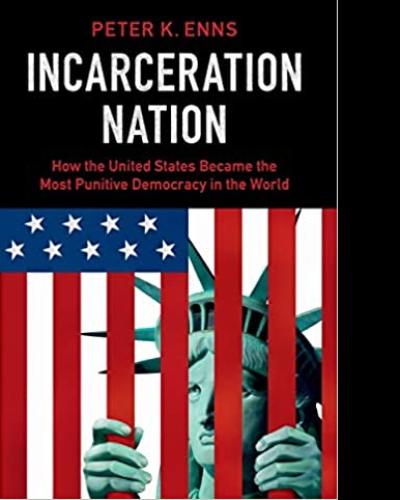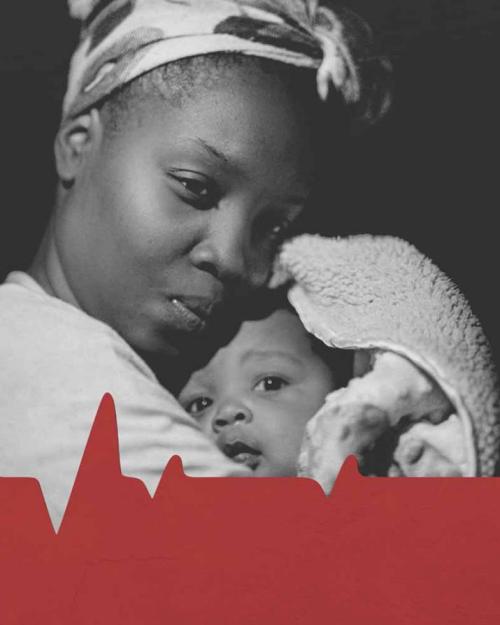
Research in the Department of Government is methodologically and substantively diverse. Areas of particular strength include international relations theory; international security; international political economy; Chinese politics and foreign policy; American political development; political psychology; public opinion; and American political thought. Below you will find a sample of recent books and ongoing projects.
Research Resources
Featured Faculty Publications
The Autocratic Middle Class: How State Dependency Reduces the Demand for Democracy
Conventional wisdom holds that the rising middle classes are a force for democracy. Yet in post-Soviet countries like Russia, where the middle class has grown rapidly, authoritarianism is deepening. Challenging a basic tenet of democratization theory, Bryn Rosenfeld shows how the middle classes can actually be a source of support for autocracy and authoritarian resilience, and reveals why development and economic growth do not necessarily lead to greater democracy.
The Autocratic Middle Class was awarded the 2022 Best Book Prize by the American Political Science Association’s Democracy & Autocracy section and a William Riker Award Honorable Mention for the best book in Political Economy published in the past two years.
Protean Power: Exploring the Uncertain and Unexpected in World Politics
Mainstream international relations continues to assume that the world is governed by calculable risk based on estimates of power, despite repeatedly being surprised by unexpected change. In this ground-breaking work, Peter Katzenstein and Lucia Seybert depart from existing definitions of power that focus on the actors’ evolving ability to exercise control in situations of calculable risk. It introduces the concept of ‘protean power,’ which focuses on the actors’ agility as they adapt to situations of uncertainty. Protean Power uses twelve real world case studies to examine how the dynamics of protean and control power can be tracked in the relations among different state and non-state actors, operating in diverse sites, stretching from local to global, in both times of relative normalcy and moments of crisis. Katzenstein and Seybert argue for a new approach to international relations, where the inclusion of protean power in our analytical models helps in accounting for unforeseen changes in world politics.
Poetic Justice: Rereading Plato's Republic
Plato set his dialogues in 5th century BCE, when written texts were disseminated primarily by performance and recitation. He wrote them in the 4th century, when literacy was expanding. Jill Frank argues that there are unique insights to be gained from appreciating Plato’s dialogues as texts to be read—and reread. At the center of these insights is the analogy in the dialogues between becoming literate and coming to know or understand something, and two different ways of learning to read. One approach treats literacy as a top-down affair, in which authoritative teachers lead students to true beliefs. Another, recommended by Socrates in the Republic, encourages trial and error and the formation of beliefs based on students’ own cognitive and sensory experiences. The first approach to learning to read aligns with philosophy as authoritative knowledge and politics as rule by philosopher-kings. Following the second approach, Poetic Justice argues that the Republic neither endorses nor enforces fixed hierarchies in knowledge and politics but offers instead an education in ethical and political self-governance, one that prompts citizens to challenge all claims to authority, including those of philosophy.
Damn Great Empires! William James and the Politics of Pragmatism
- Provides a revisionist interpretation of the work of William James, a major American thinker
- Examines published and unpublished correspondence, manuscripts, notes, and editorials to shed light on how James' anti-imperialism informed his celebrated writings on philosophy, psychology, and religion
- Explores the reception history of James' writings to explain why his political thought went overlooked
- Will prove essential to scholars and students studying American philosophy and political thought
Equal Opportunity Peacekeeping: Women, Peace, and Security in Post-Conflict States
Sabrina Karim and Kyle Beardsley argue that gender power imbalances between the sexes and among genders place restrictions on the participation of women in peacekeeping missions. Sabrina was awarded the Conflict Research Studies Best Book Prize for 2017 for this new book.
Incarceration Nation
The rise of mass incarceration in the United States is one of the most critical outcomes of the last half-century. Incarceration Nation offers the most compelling explanation of this outcome to date. This book combines in-depth analysis of Barry Goldwater and Richard Nixon's presidential campaigns with sixty years of data analysis. The result is a sophisticated and highly accessible picture of the rise of mass incarceration. In contrast to conventional wisdom, Peter K. Enns shows that during the 1960s, 70s, 80s, and 90s, politicians responded to an increasingly punitive public by pushing policy in a more punitive direction. The book also argues that media coverage of rising crime rates helped fuel the public's punitiveness. Equally as important, a decline in public punitiveness in recent years offers a critical window into understanding current bipartisan calls for criminal justice reform
Government News
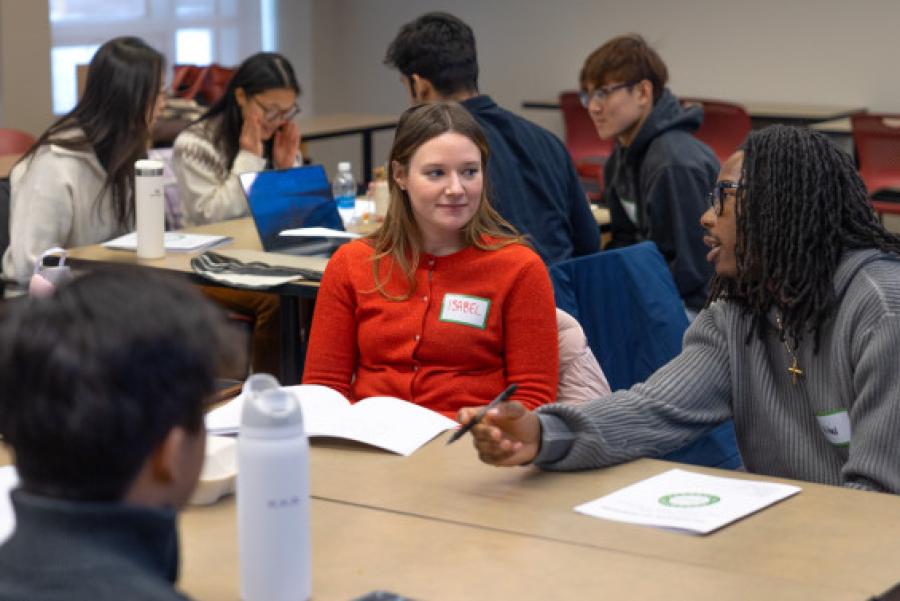
Civic leadership class asks students to consider their purpose
On a Saturday morning in February – the coldest day yet of a cold winter – more than 350 students trekked to Statler Hall for an innovative new course on civics.

Anthropic v. Pentagon reveals enduring rift between tech, national security
“It’s striking that Anthropic appears caught off guard by how its model is being used," says government professor Sarah Kreps, director of Cornell’s Tech Policy Institute.

Global Hubs researchers probe war, how to keep peace
Two Cornell researchers collaborated with colleagues in the United Kingdom in an effort to understand the organized violence of modern war.

Cornell alumnae leave Milan with one gold, two silvers in Olympic hockey
Rory Guilday ’25 won a gold medal and Brianne Jenner ’15 and Kristin O'Neill ’20 took silver in women’s Olympic hockey.

Your February 2026 reads
This month’s featured titles by A&S alumni and faculty include a look at the urban-rural divide, a biography of an anti-poverty activist, and a business guide for "winning dream jobs, awards, and elite opportunities.”

New summer course to spark civic engagement in high schoolers
A Teagle Foundation grant will help fund the course and open pathways to higher education.

Helping urban youth use AI to navigate the future
Christian Gant-Madison's '25 platform will use AI to connect youth to jobs, skill development opportunities, civic education information and social resources.

China’s pushback on UK shows pivoting from Washington isn’t so easy
China's criticism of the United Kingdom’s move to expand its British National (Overseas) visa pathway for Hong Kong residents illustrates how governments courting Beijing, amid frustration with Washington’s volatility, can find engagement with China difficult to manage.

